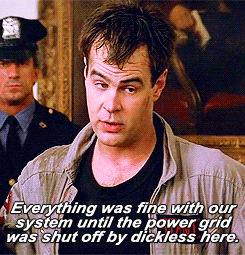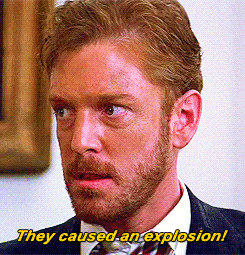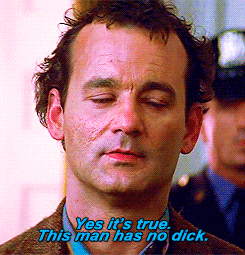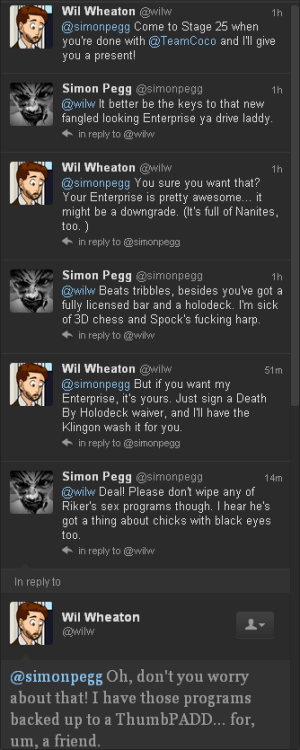



This line is as good as/better than the
“Yes, I am serious and don’t called me shirley.” line thing.
The Metro Developer Show is the first podcast exclusively for Metro developers and enthusiasts.
Each week Ryan and Travis Lowdermilk traverse the exciting world of Metro (phone, tablet, desktop and Xbox); covering the latest news and exploring what it means for the developer community and everyday users.
A House subcommittee has passed the Global Online Freedom Act (GOFA), which would require disclosure from companies about their human rights practices and limit the export of technologies that “serve the primary purpose of” facilitating government surveillance or censorship to countries designated as “Internet-restricting.”
The Dancebulance - Gov Ball 2012 Lineup (by nathanjbarnatt)
Another Nathan Barnatt video with awesome music and dance moves. Also enjoying the music video for third song in this video “Barbara Streisand” by Duck Sauce: http://www.youtube.com/watch?v=uu_zwdmz0hE
Another Comedy Bang Bang preview clip this time with Zach Galifianakis.
Domino’s Pizza Safe Sound - Menselijk motorgeluid voor elektrische scooter (by DominosPizzaNL)
Can’t stop laughing. Someone better get a promotion.
“On The Verge is ready for a lot of things, but we clearly weren’t ready for renowned astrophysicist Dr. Neil deGrasse Tyson, who stopped by to talk space exploration, life as a meme, and why he carries a slightly-illegal laser with him at all times.”
First tier of their service is free. Supports age, gender, glasses, and mood as well as where the face is in an image all over a REST-ful web API.

You guys, the cast of every single iteration of Star Trek is the best cast ever.
Trufax.
I still can’t believe that this is a real thing that happened.
Astronaut endorses destroying the moon!
The best exchange on the IAmA:
Ghostshirts it’s been a dream for a long time now, do you think that we’ll actually be able to blow up the moon in our lifetime?
RonGaran I truly believe that we can accomplish anything we set our minds on. We only need the will to do it
Eric Lawrence describes the new security features of IE10.
Free Universal Construction Kit is a set of 3D models you can print on a 3D printer that allow you to connect Lego to Duplo to Lincoln Logs, etc.
Hmmm
“This rather embarrassing issue was pointed out to the committee, the fact that there were three votes too many, and that these three votes determined the outcome. When this was done, along with formally requesting a re-vote, that re-vote on the points in question was denied.”
By the URI RFC there is only one way to represent a particular IPv4 address in the host of a URI. This is the standard dotted decimal notation of four bytes in decimal with no leading zeroes delimited by periods. And no leading zeros are allowed which means there's only one textual representation of a particular IPv4 address.
However as discussed in the URI RFC, there are other forms of IPv4 addresses that although not officially allowed are generally accepted. Many implementations used inet_aton to parse the address from the URI which accepts more than just dotted decimal. Instead of dotted decimal, each dot delimited part can be in decimal, octal (if preceded by a '0') or hex (if preceded by '0x' or '0X'). And that's each section individually - they don't have to match. And there need not be 4 parts: there can be between 1 and 4 (inclusive). In case of less than 4, the last part in the string represents all of the left over bytes, not just one.
For example the following are all equivalent:
The bread and butter of URI related security issues is when one part of the system disagrees with another about the interpretation of the URI. So this non-standard, non-normal form syntax has been been a great source of security issues in the past. Its mostly well known now (CreateUri normalizes these non-normal forms to dotted decimal), but occasionally a good tool for bypassing naive URI blocking systems.
With Facebook changing its privacy policy and settings so frequently and just generally the huge amount of social sites out there, for many of us it is far too late to ensure our name doesn't show up with unfortunate results in web searches. Information is too easily copyable and archive-able to make removing these results a viable option, so clearly the solution is to create more data.
Create fake profiles on Facebook using your name but with a different photo, different date of birth, and different hometown. Create enough doppelgangers to add noise to the search results for your name. And have them share embarrassing stories on their blogs. The goal is to ensure that the din of your alternates drowns out anything embarrassing showing up for you.
Although it will look suspicious if you're the only name on Google with such chaff. So clearly you must also do this for your friends and family. Really you'll be doing them a favor.
Seems generally bad to embed sensitive info in the URI (the http+aes URI scheme’s decryption key) similar to the now deprecated password field.
Use case is covered here: http://lists.w3.org/Archives/Public/ietf-http-wg/2012JanMar/0811.html. Also discussion including someone mentioning the issue above.